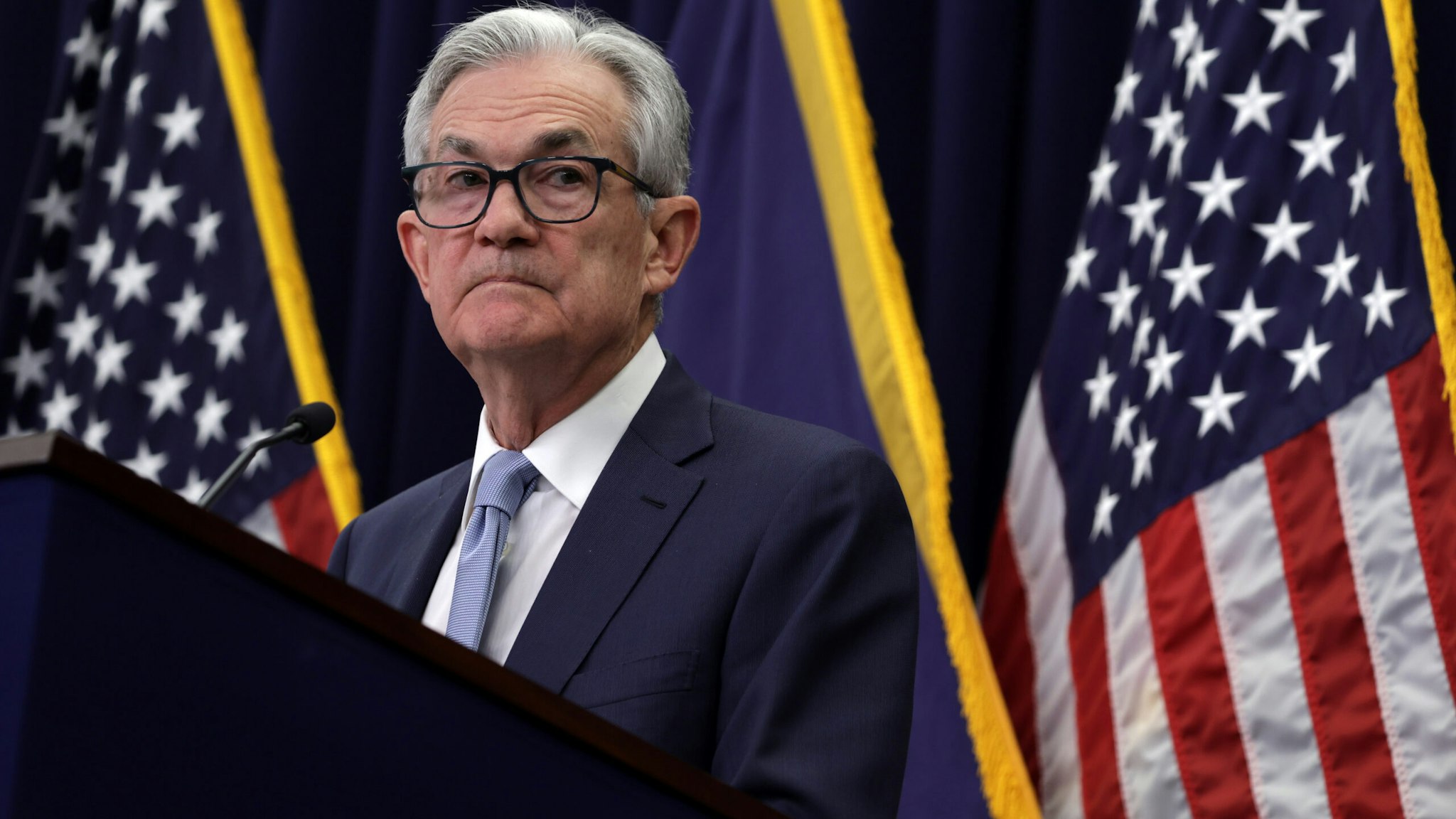The Federal Reserve hiked interest rates to the highest level in 22 years on Wednesday, despite easing inflationary pressures.
After two days of deliberation, the Federal Reserve raised the federal funds rate from 5% to a target of 5.25% to 5.5%, explaining in a statement that “additional policy firming (rate increases)” will depend on economic and inflationary indicators allowing the Fed to both hit its 2% inflation goal while maintaining economic growth.
“The Committee seeks to achieve maximum employment and inflation at the rate of 2 percent over the longer run. In support of these goals, the Committee decided to raise the target range for the federal funds rate to 5-1/4 to 5-1/2 percent. The Committee will continue to assess additional information and its implications for monetary policy,” the statement continued.
The hike received unanimous support from the Federal Reserve Board and is in keeping with the 11 hikes since March of 2022, despite a short pause in June, per CNBC. Fed Chair Jerome Powell said in late June that — despite the lack of a rate increase that month — inflation was still too high, and that its persistent rate above the target of 2% would likely lead to more “restriction” on monetary policy.
Inflation has been slightly cooling off in the past several months, with the consumer price index, according to CNBC, settling at 3% on a yearly basis in June, down from 9.1% in June 2022. Despite this, the Fed has maintained the most aggressive consecutive hike in interest rates since the 1980s, which featured even higher inflation rates.
Although inflation has relatively decreased since its meteoric peaks in the past three years, the Fed is committed to bringing it all the way down to the target of 2%, with the FOMC hinting at further rate hikes in the months of September and November to further bring down inflation.
CLICK HERE TO GET THE DAILYWIRE+ APP
Greg McBride, senior vice president and chief financial analyst for Bankrate, concurs with the Fed’s sentiment, telling NBC, “Inflation remains stubbornly high.”
“The economy has been remarkably resilient, the labor market is still robust, but that may be contributing to the stubbornly high inflation,” he said. “So, Fed has to pump the brakes a bit more.”


